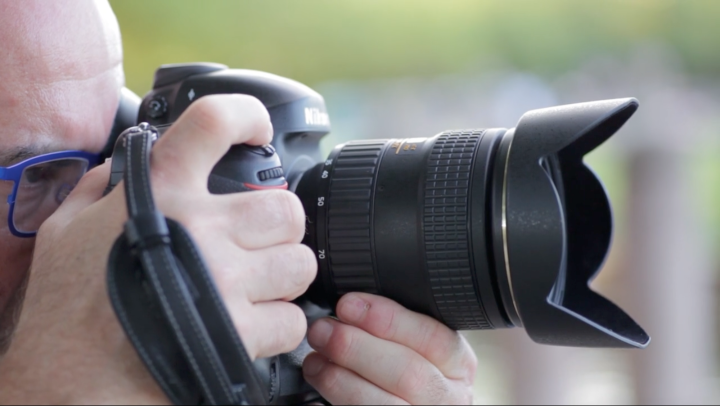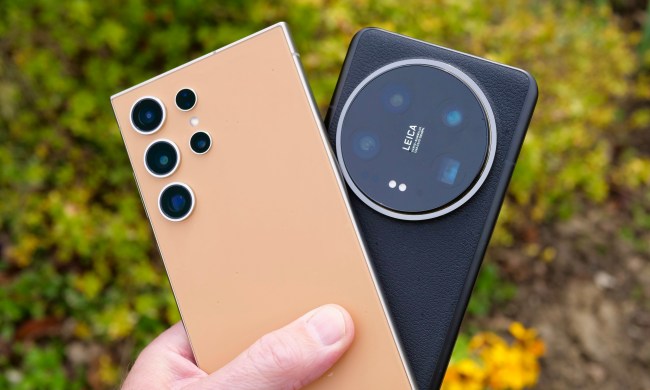
Tokina aims to recreate its earlier success with a new midrange zoom: The AT-X 24-70mm f/2.8 just made it through the gauntlet of DXOMark testing with flying colors.
Available in both Canon and Nikon versions, the Tokina aims to provide professional quality optics at a fraction of the price. And unlike Tokina’s wide-angle offerings, which were often built around unique focal lengths not directly present in first-party lenses, the AT-X 24-70mm f/2.8 mirrors both the zoom range and maximum aperture of lenses from both Canon and Nikon.
It’s a staple professional lens, a workhorse of photojournalists and event photographers. And according to DXO (which so far has tested only the Nikon version), the Tokina is now the best 24-70mm lens available for Nikon, beating out both the Tamron and Nikon’s own version.
Related: How National Geographic finds fake photos

This is no small achievement. The new Nikon 24-70mm costs $2,400, while the Tokina is just about $900. Yet, the Tokina posted better scores across the board: greater sharpness, higher transmission, less vignetting, and (slightly) lower distortion. The sharpness score is perhaps most surprising, but it does come with a caveat: While the Tokina performs very well at midrange apertures, it was weaker at f/2.8. Wide open, it falls behind the Nikon and Tamron.
That’s a critical note, because many photographers purchase an f/2.8 lens for the purpose of shooting at f/2.8. Sharpness at other aperture values may not be important at all, depending on the individual. The Tokina also doesn’t offer image stabilization, which is a feature found on both the Tamron and the Nikon.
As always, this shows how a lens that performs well in a technical analysis is not necessarily the right one for every photographer. That Tokina delivered such a capable lens for less than $1,000 is an admirable achievement nonetheless.



